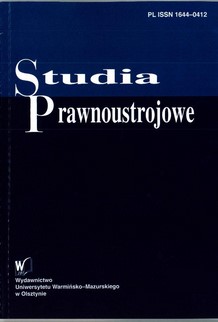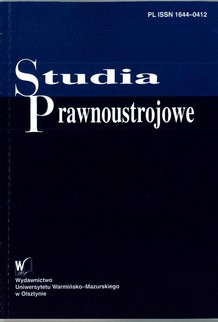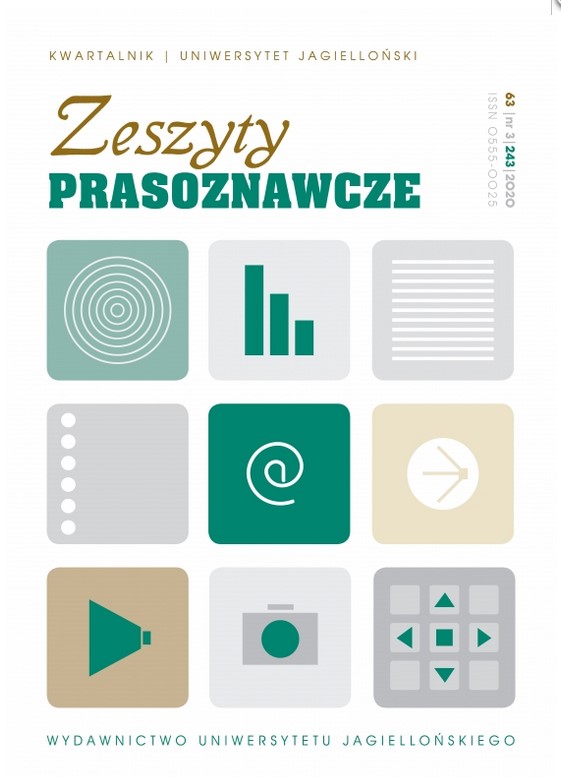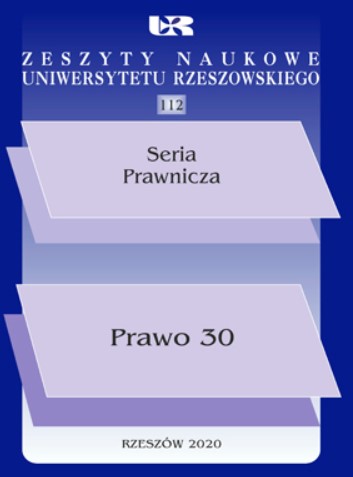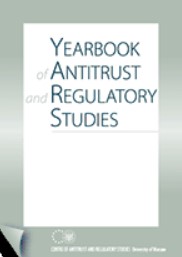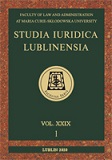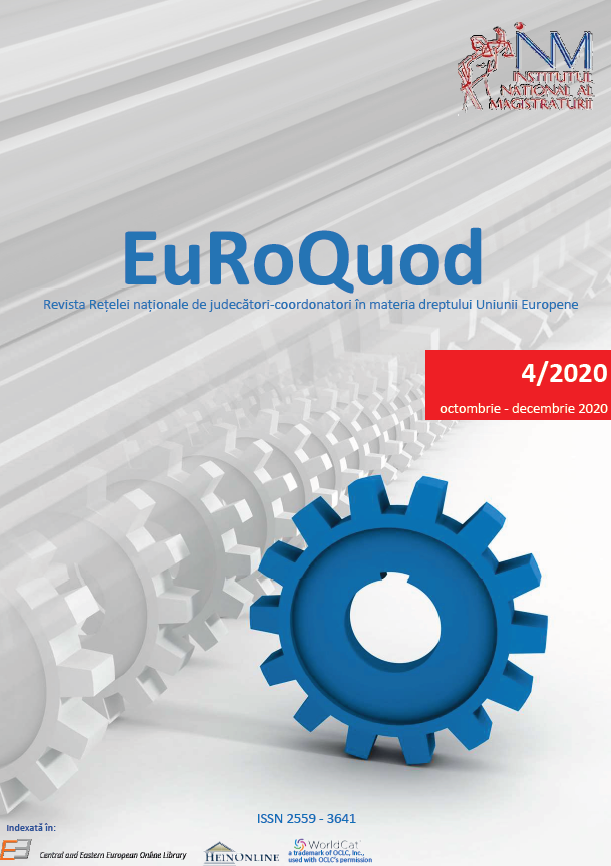Author(s): Stefan Babiarz / Language(s): German
Issue: 30/2020
From the comparison of the structural elements of the tax structure, the Polish and German inheritance and donation tax acts, the following conclusions can be drawn: - the German law – unlike the Polish law – allows for the recognition of inheritance and donation tax paid by a German citizen abroad at the taxpayer’s request, - the German act provides for an earlier tax point in the case of acquisition by inheritance than in Poland – it is the moment of opening the inheritance, - German law does not provide for the institution of re-emergence of the tax obligation, - in the German act, there is no broad subjective exemption, as in the Polish one, and in the case of the acquisition of an enterprise (current assets), it does not always provide for a full exemption, and the conditions for the exemption are stricter than in the Polish one, - in the German Act on inheritance and donation tax in a different way, considering not only classification to the tax group, thresholds for tax-free amounts have been defined, - the exemption of pension assets is provided for in the German law, and not, as in the Polish solution, in the Personal Income Tax Act, - the German Act on Inheritance and Donation Tax provides for different legal institutions that - do not exist in the Polish law, such as deferral or remission of tax, - instrumental obligations have been regulated differently in both acts, it seems that the German law is not as strict in this respect as the Polish one, and the tax declaration and tax declaration in the German act do not mean the same legal institutions as in the Polish act. Generally speaking, however, beneficial for taxpayers of inheritance and donation tax in Poland is a solution that covers all (in principle) cases of free acquisition of property and property rights.
More...
